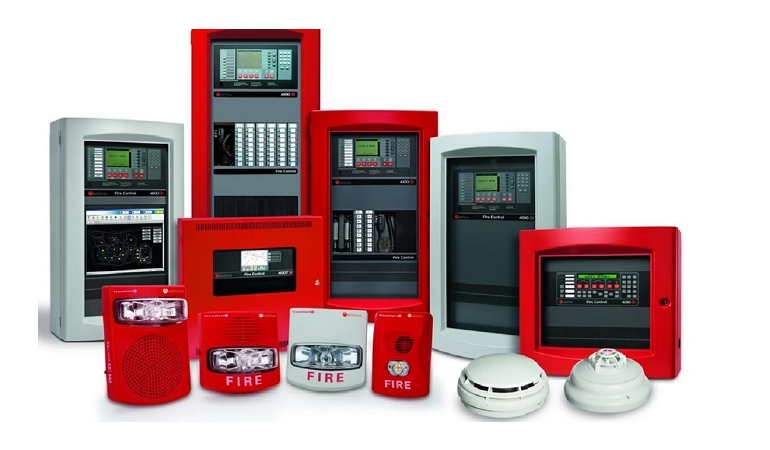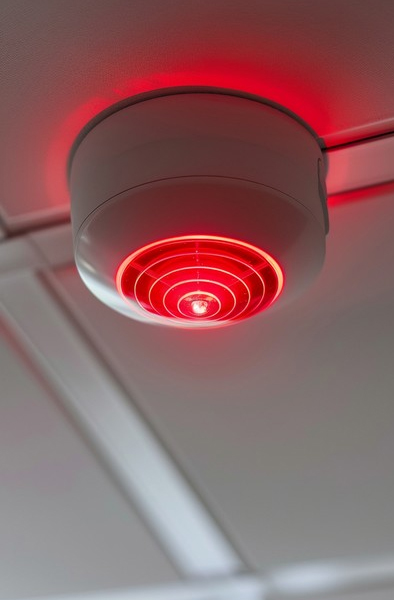Fire Alarm Maintenance & Inspection
Regular testing, inspection, and servicing to ensure system reliability
Battery backup checks for uninterrupted performance
Software updates & troubleshooting for smart fire alarm systems

Fire Alarm System Services provide comprehensive fire detection and safety solutions for homes, businesses, and industrial facilities. We ensure high-quality installation, maintenance, and monitoring to keep your property safe from fire hazards.
A Fire Alarm System is a critical safety solution designed to detect smoke, heat, or fire and alert occupants, ensuring quick response and fire prevention. It integrates with smart security and system networking to provide real-time monitoring, automated alerts, and remote access.


Fire alarm systems detect fires early, providing critical minutes for evacuation and emergency response.
Fire alarm systems save lives by alerting occupants of a fire, enabling them to escape safely.
Fire alarm systems minimize property damage by alerting authorities quickly, reducing the risk of extensive damage.
Fire alarm systems ensure compliance with local and national building codes and regulations.
Installing a fire alarm system can lead to reduced insurance premiums.
Fire alarm systems minimize downtime and business disruption in the event of a fire.
Fire alarm systems provide occupants with peace of mind, knowing they are protected in the event of a fire.
Modern fire alarm systems utilize advanced technologies, such as smoke detection and voice evacuation systems.
Fire alarm systems can be customized to meet specific building requirements and needs.
Fire alarm systems ensure rapid emergency response, minimizing damage and risk to life.